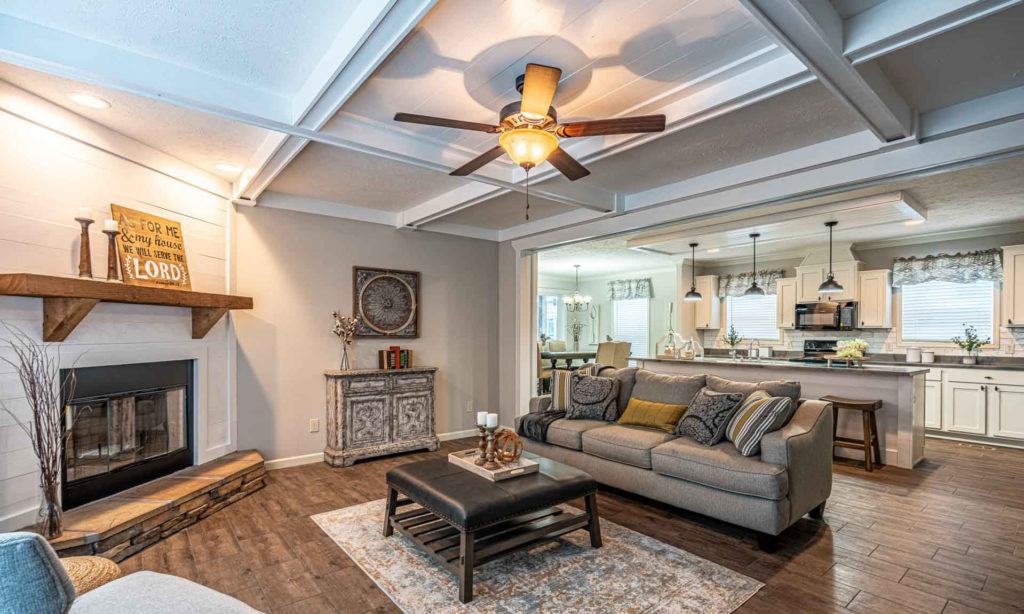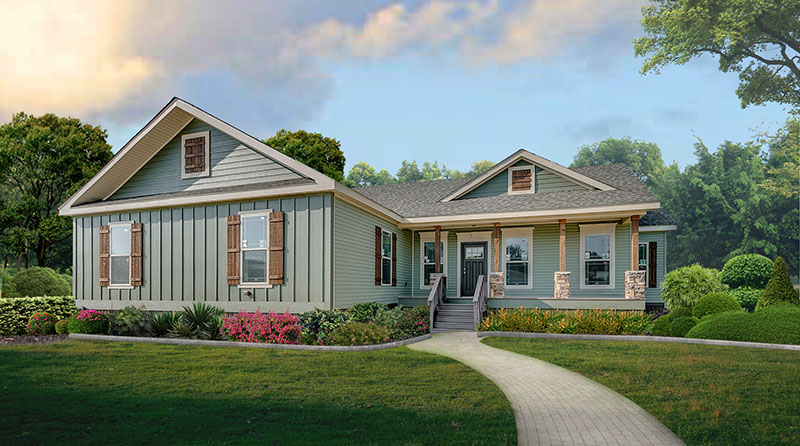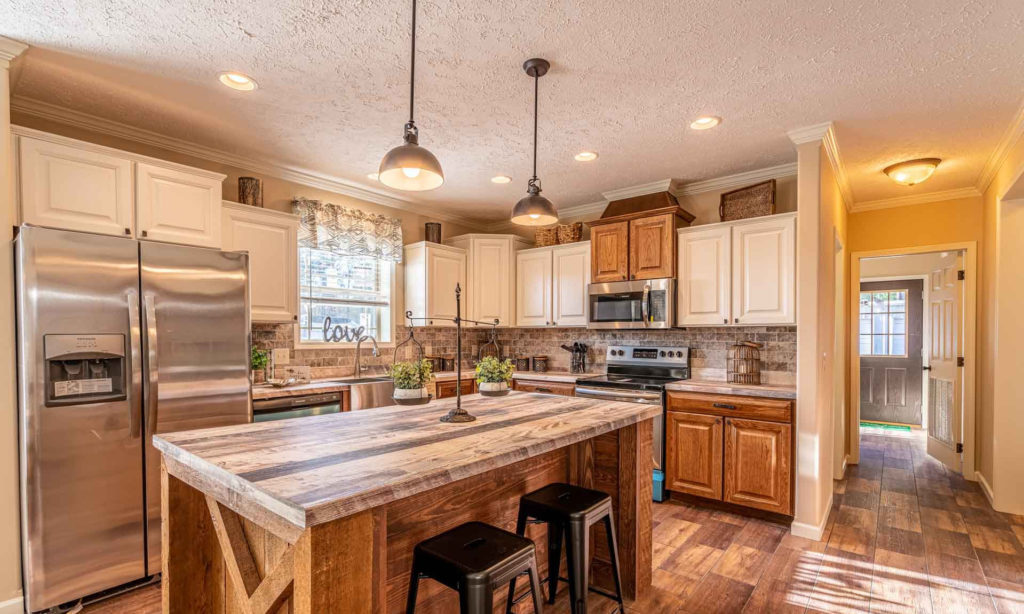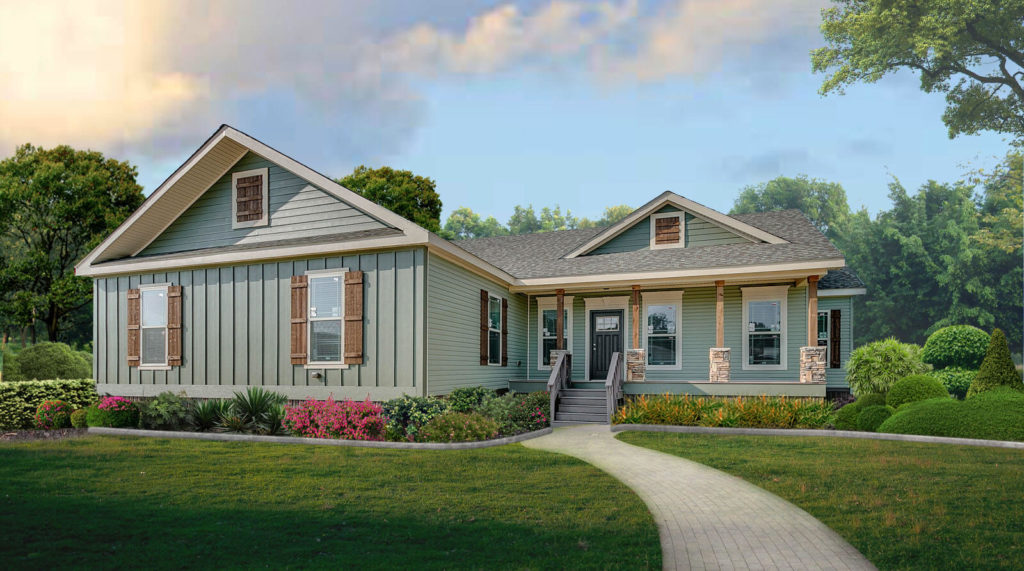Over the years, the housing market has seen a significant shift towards more flexible, cost-effective, and efficient building solutions. This has given rise to modular homes, which offer a modern alternative to traditional homebuilding. Despite their increasing popularity, many people still mistake them for mobile homes, primarily due to the convenience that both types of housing seem to promise.
Understanding the key differences between modular and mobile homes is essential. While both offer unique benefits, knowing what sets modular homes apart can influence your decision in terms of quality, investment, and lifestyle. Let’s dive deeper into why this distinction is so important and how it could impact your next home purchase.
Construction Process and Standards
One of the core distinctions between modular and mobile homes lies in the construction process and the standards to which they are held. Modular homes are built in sections, or modules, in a controlled factory environment. These modules are then transported to the building and assembled on a permanent foundation. This method mirrors traditional homebuilding techniques while benefiting from the efficiency and precision of factory construction. Moreover, modular homes are required to comply with local, state, and regional building codes, ensuring a high level of structural integrity and safety.
Mobile homes are constructed entirely in a factory and adhere to the federal building code set by the U.S. Department of Housing and Urban Development (HUD). While these standards ensure safety and durability, they are different from the requirements for site-built and modular homes. Mobile homes are built on a permanent chassis, which allows them to be transported, and are often placed in parks or designated communities where they may not always be considered permanent structures.
Financial Considerations and Resale Value
When it comes to investment, modular homes typically hold an edge over mobile homes. Modular homes are considered real property since they are permanently affixed to their foundation, similar to a traditionally built house. This classification as real property often means that modular homes appreciate in value over time, subject to the same market conditions that affect other residential properties. As a result, homeowners can often secure traditional mortgages for modular homes, benefiting from generally lower interest rates compared to other financing options.
In contrast, mobile homes are usually classified as personal property because they are not permanently attached to a plot of land. Consequently, they tend to depreciate in value over time, similar to vehicles. Financing options for mobile homes might be limited to personal property loans, which often come with higher interest rates. This distinction can significantly impact the long-term financial outlook for buyers, influencing the overall return on investment.
Design Flexibility and Customization
Modular homes offer substantial design flexibility, as they can be customized to match personal tastes and functional needs. Buyers typically have the option to choose from various layouts, architectural styles, and interior finishes. The modular construction process allows for easy integration of modern amenities and sustainable features, offering a similar level of personalization that one might expect from site-built homes.
Mobile homes, while offering some level of customization, generally have more limited options due to their standard production models. Buyers may face constraints regarding layout modifications or upgrade choices. This limitation can impact the overall appeal and functionality for some homeowners. Many mobile home manufacturers offer a few different floor plans and finishes, but the ability to make significant alterations to the layout or structure is usually limited. This can be a drawback for those who wish to have a uniquely tailored living space or incorporate specialized features, such as energy-efficient systems or luxury amenities that are more commonplace in modular homes.
Longevity and Durability
When it comes to longevity and durability, modular homes generally offer substantial advantages over mobile homes. Modular homes are built to comply with local building codes and have a permanent foundation similar to site-built homes. This means they are constructed using high-quality materials and are subject to rigorous inspection standards during the manufacturing process. The controlled factory environment in which modular homes are constructed allows for precise assembly and minimized exposure to the elements, factors that contribute to enhanced durability and energy efficiency.
Moreover, the sections, or modules, of these homes are engineered to withstand transportation stress, ensuring their structural integrity over the long term. Modular homes are designed to endure harsh weather conditions and natural wear and tear, resulting in a lifespan that rivals that of traditional site-built homes.
On the other hand, mobile homes are built according to the U.S. Department of Housing and Urban Development (HUD) code. These specific safety and durability standards can be less stringent compared to those for modular homes built to local codes. This difference in construction standards can contribute to reduced durability and a shorter overall lifespan for mobile homes.
Get Started Today
If you’re interested in learning more about modular homes, contact Family Dream Homes. We’re here to help with any questions you may have!



